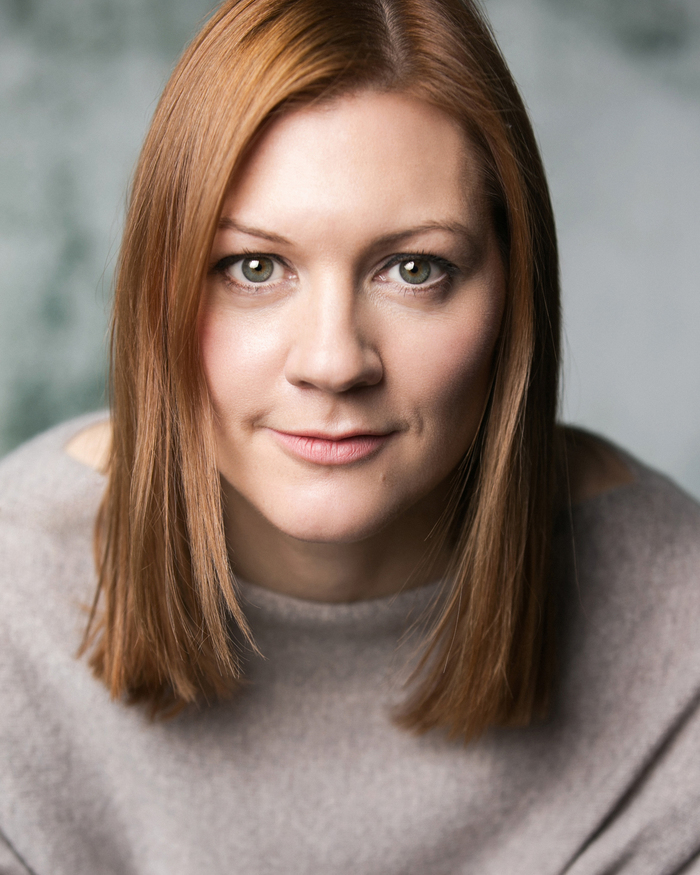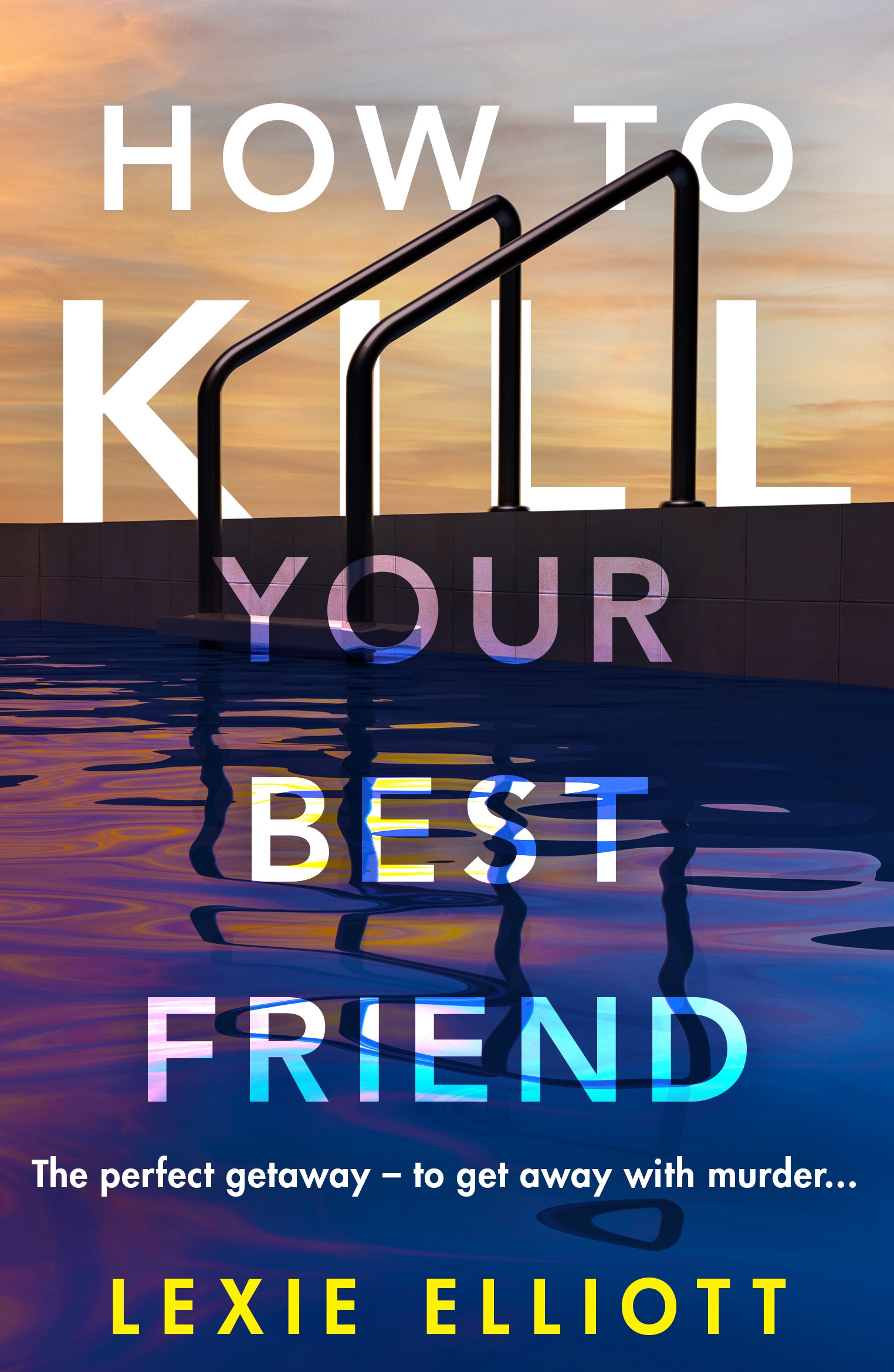
What you have written, past and present
I’ve written three stand-alone psychological thrillers, and my fourth will be coming out in February of 2023. My first novel, The French Girl, was published in 2018, followed by The Missing Years in 2019. How To Kill Your Best Friend was published in North America last year, and will be out in paperback in the UK in July.
What you are promoting now
How To Kill Your Best Friend. It’s a psychological thriller, told through the eyes of Georgie and Bronwyn, who have been best friends with Lissa since they all met on their college swimming team—but somehow, despite her swimming prowess, Lissa has drowned off the coast of the remote island resort she was managing with her husband. Brought together on the island for Lissa’s memorial, Georgie, Bron, Lissa’s grieving husband and their mutual friends find themselves questioning the circumstances around Lissa’s death—and each other…

A bit about your process of writing
I used to write solely outside of my home (because otherwise I would find myself distracted by cleaning or laundry or really just about anything) but the pandemic lockdowns taught me to write at home; now I find I write there more than half the time. I don’t necessarily write every day, but I write most days (including weekends); I usually exercise first thing and then sit down to work after that. I stop either when my youngest son comes home from school or when I’ve simply run out of steam.
I find I write very slowly at the beginning of a new project – sometimes only 500 words in a day— because I’m having to make structural decisions at the same time; at that stage, it’s very useful to have a daily target to aim for to try to maintain momentum. By comparison, the words seem to leap out at the end of a project: I can write 10,000 or more in a week, and daily targets become unnecessary. I always seem to suffer an enormous crisis of confidence at around the 20,000 word mark, which by now is probably very boring for my lovely agent Marcy, who has to talk me down from it every time! I start each writing session by reviewing and editing what I wrote last time, before cracking on with the next section; consequently, my first draft is very clean, without many typos or grammatical errors. My first reader is always Marcy, who gives incredibly insightful editorial notes, and after that, the manuscript will go to my publishing editor.
Do you plan or just write?
I plan; I produce a four-to-five page outline before I start writing. Partly this is because my publisher requires it of me, but I would do it anyway: I’ve learnt that it is far, far easier to make progress when you have some well-thought out guidelines to keep you heading in the right direction. Which is not to say that everything is set in stone before I start writing—far from it. Many elements of the finished novel can and do deviate from that outline, but I tend to find that the beginning and end of the finished product match quite closely with what I had originally intended—it’s just that the middle might take a different route!
What about word count?
The aim is around 100,000 to 110,000 words in the genre of psychological thrillers. It’s not something I worry about particularly—I’ve always come out roughly in that ballpark in the first draft, and anyway, that can be finessed in the second draft if need be.
How do you do your structure?
I know some authors follow a rigid plan with a three-act structure or a save-the-cat beat sheet or something similar, but I’m not one of them. The outline I mentioned before will of course have a particular structure in mind, and those early chapters are crucial for putting in place the scaffolding that will provide the framework for the entire novel, but once I’m past that point, I’m generally more concerned with getting the pacing right.
What do you find hard about writing?
It’s very solitary. You have to persevere on a daily basis without any colleagues to encourage you or reassure you that you’re on the right track. I really notice the difference now that I’m writing fulltime; until last year, I was also juggling a part-time job in fund management, which gave me plenty of professional social interaction for at least three days a week. But now, given that I’m in London but my agent and primary publisher are in the US, if I were to throw an office party it would basically involve me dressing up to drink a glass of wine in a room by myself…
I also find the social media requirements that are part of being a writer in this modern age quite difficult. I’m not a natural self-promoter—I’d really rather just get on with writing!
What do you love about writing?
A lot, actually. On a practical note, it’s an incredibly flexible profession—you can genuinely do it anywhere, and, looking to the future, nobody is going to force you out of the workplace when you reach 65! I also love the interaction with readers. It’s a real privilege that anyone would choose to spend their money and time on my novels, and I’m always incredibly touched when readers reach out to tell me they’ve enjoyed them. I received some particularly poignant correspondence during the pandemic from readers who were struggling and found some escape in my books: a lovely reminder of the power of books to connect people and allow them to experience a temporary sanctuary.
But the main thing I love is the writing itself. To me, language is a delightful sort of magic, and the fact that a story can be taken from one’s head and transported to the page with words is nothing short of alchemy. Every once in a while I get a sentence just right, and it feels like I haven’t so much written it as stumbled across words that were just waiting to be uncovered—that’s a very special feeling.
